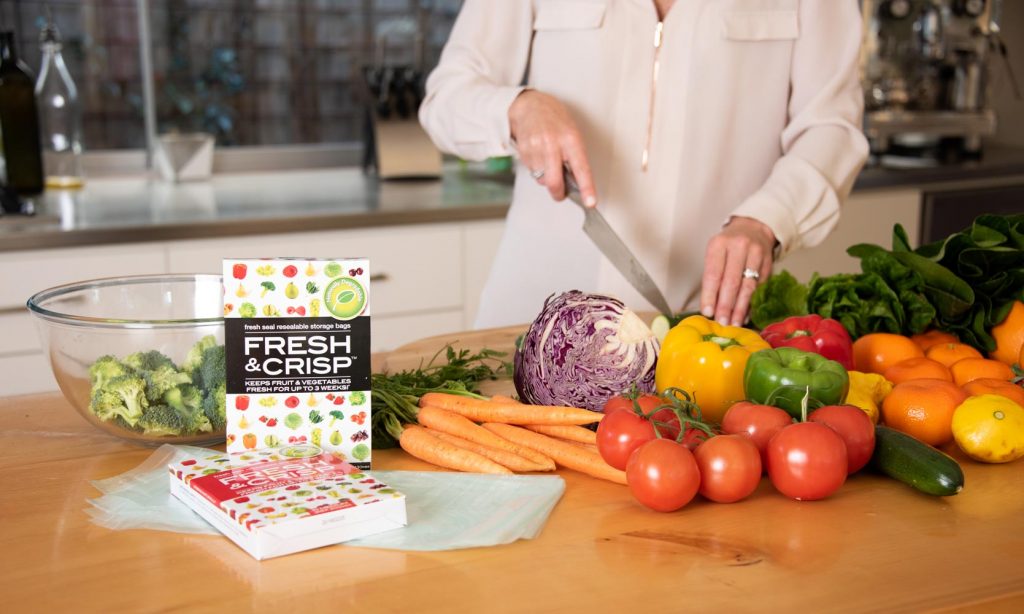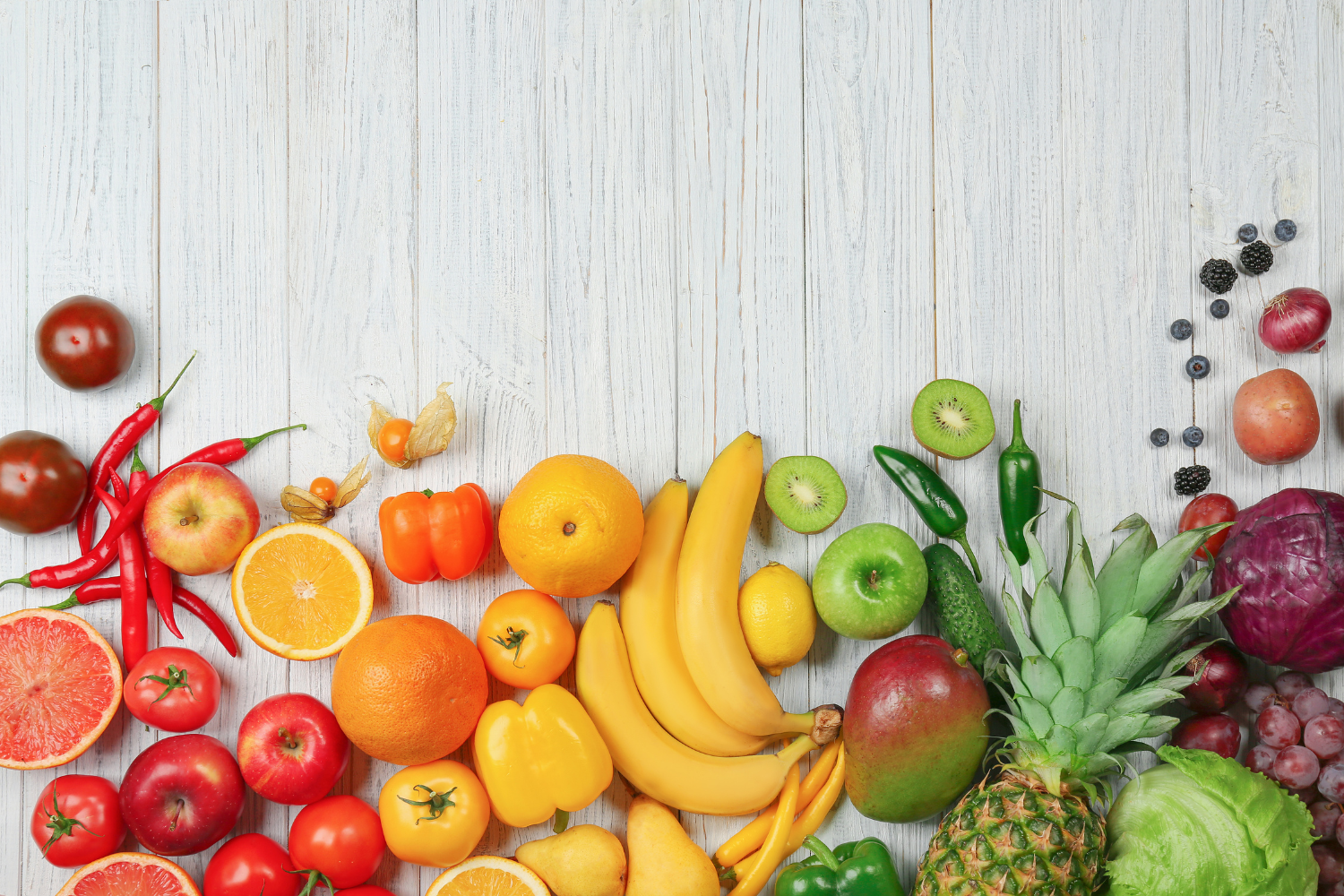Do you ever feel like you are constantly wasting money throwing out fresh fruit and vegetables because they spoil too quickly? If so, you are not alone! It can be frustrating and expensive to replace produce often, not to mention the adverse effects food waste has on the environment. So if you want to know how to make fruit and veggies last longer, there are some simple steps you can use to reduce waste and extend the life of your fruit and vegetables – saving you time and money.
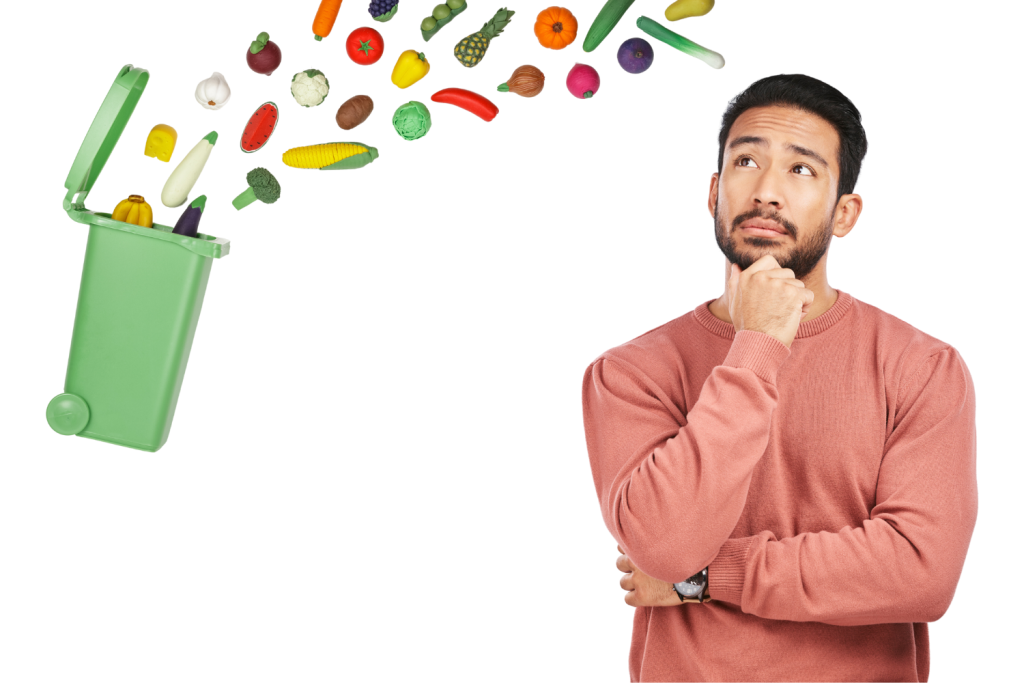
To slow the deterioration of fruit and veggies, it is crucial to understand the science behind their spoilage. Both fruits and vegetables are living organisms that continue to respire even after being harvested. Respiration is a natural process in which oxygen is used, and carbon dioxide is released. This process causes fruits and vegetables to age and eventually spoil.
The rate of respiration varies depending on the type of fruit or vegetable. Fruits like apples, bananas, and tomatoes are considered high-respiring fruits and tend to spoil faster. On the other hand, low-respiring vegetables like potatoes and onions have a longer shelf life.
Another important factor that contributes to spoilage is ethylene gas. This natural gas is released by some fruits and vegetables, such as apples, bananas, and avocados, and can accelerate the ripening process in other produce nearby.
Understanding these processes can help you make informed choices when it comes to purchasing, storage and handling to ensure that you are maximizing the shelf life of your produce so you can enjoy fresh and nutritious fruits and vegetables for longer.
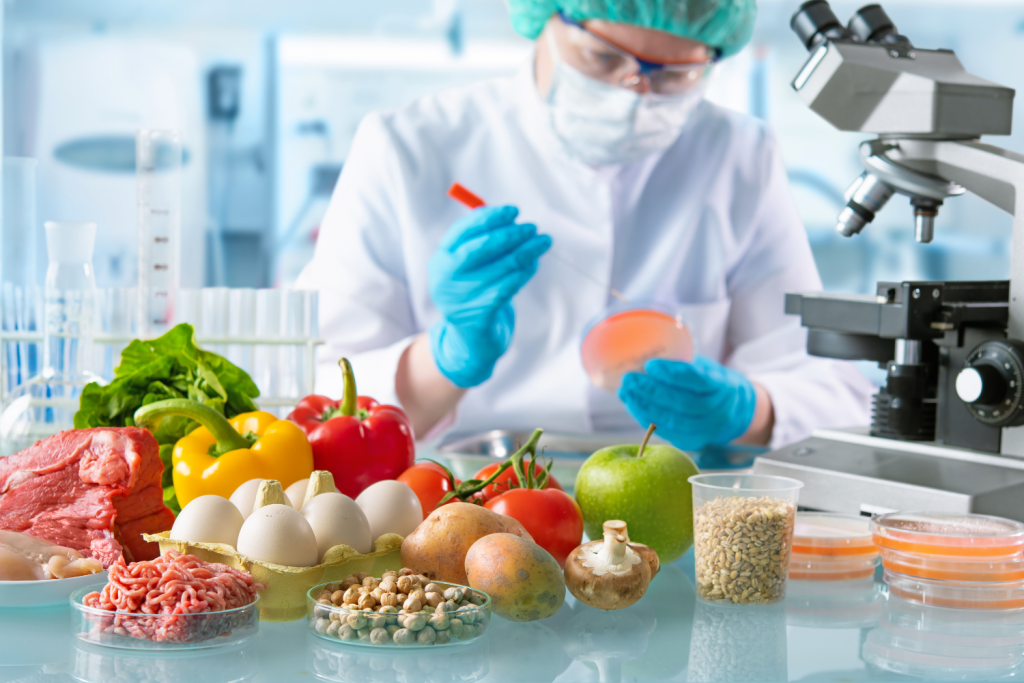
It’s also important to note that prolonging freshness ensures your fruit and vegetables retain their nutritional value. Fresh produce is rich in vitamins, minerals, and antioxidants, all of which are crucial for maintaining a healthy diet.
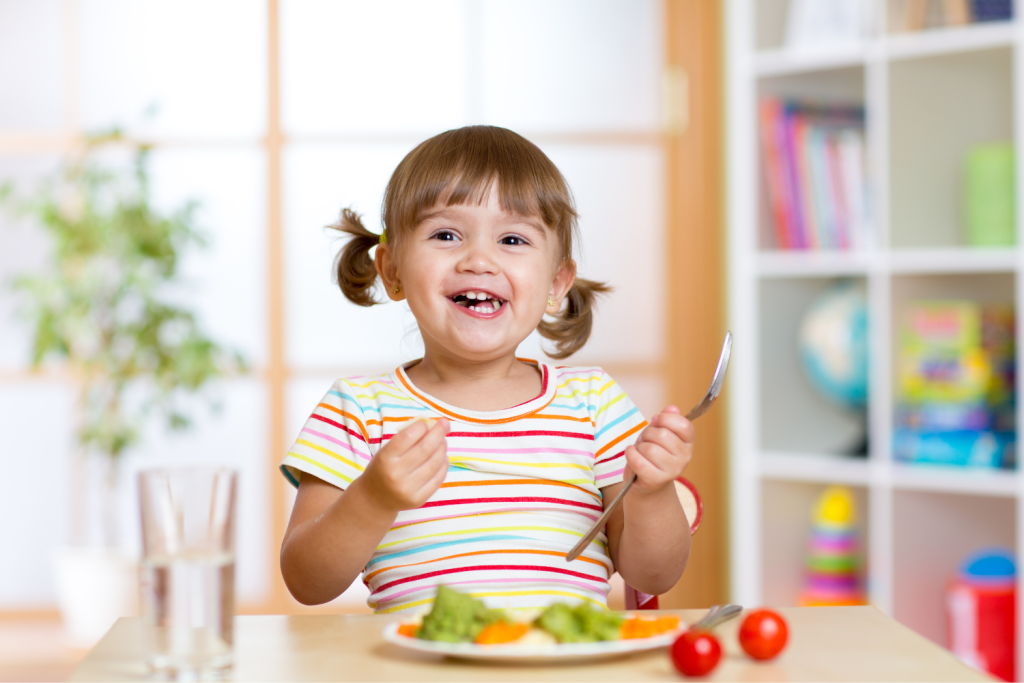
With that in mind, here are some tips on how to stop fruit and veggies going off:
Choose Fresh
Start by selecting produce that is as fresh as possible. Look for fruit and vegetables that are plump and fresh looking and avoid anything showing signs of wilting or ageing such wrinkling, discolouring or dryness.
Be Selective
Choose fruits and vegetables that are less prone to spoilage so you can ensure their freshness for longer periods.
Separate
Separate ethylene-producing and ethylene-sensitive produce. Ethylene is a gas that accelerates the ripening process, so keeping ethylene-sensitive fruits and vegetables away from ethylene producers can help maintain their freshness for longer. For example, apples, bananas, and tomatoes produce ethylene, while leafy greens, broccoli, and carrots are sensitive to it.
Use Optimal Storage Techniques
Such as refrigeration and packaging which will help slow down respiration and control ethylene gas exposure. Knowing how to storage veges can play a vital role in extending the freshness of our produce, minimising spoilage and waste, while also maximizing their nutritional value. This is where Fresh & Crisp bags come in! The scientifically developed film in Fresh & Crisp bags draws out the gasses which cause food to deteriorate, allowing only oxygen back in. Essentially Fresh & Crisp fruit and vege storage bags allow the contents to “breathe”, resulting in fresher food for longer!
